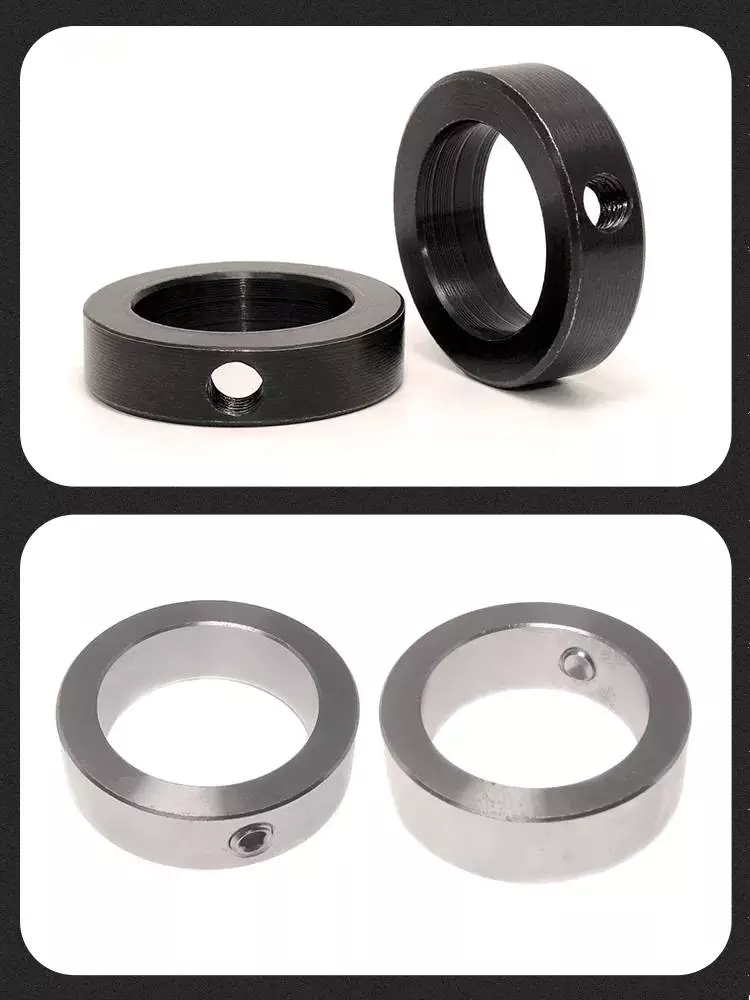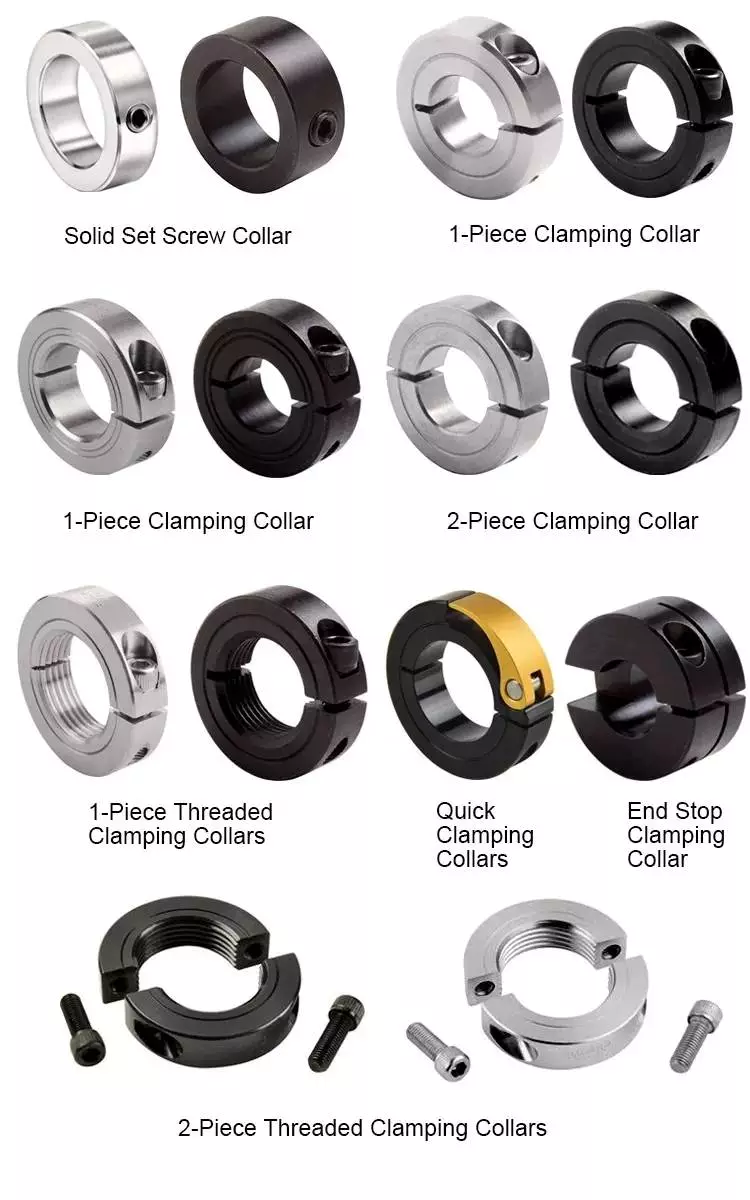Item Description
aisi 4140 1.7225 SCM440 alloy metal spherical bar
AISI4140 ALLOY Metal BAR
one.Standard Qualities OF 4140 ALLOY Metal
AISI or SAE 4130 grade is a minimal-alloy steel containing chromium and molybdenum as strengthening agents. Its chemical composition is as follows
AISI/SAE 4140 grade is a adaptable alloy with excellent atmospheric corrosion resistance and affordable strength. It exhibits excellent all round combos of strength, toughness, dress in resistance and fatigue strength.
two.Programs of 4140 alloy steel bar
This alloy finds many apps as forgings for the aerospace and oil and fuel industries, together with myriad employs in the automotive, agricultural and defense industries, Standard employs are forged gears and shafts, spindles, fixtures, jigs and collars.
3.Chemical composition of 4140 steel bar
| CHEMICAL Examination | |
| C% | Carbon 0.38 – .forty three |
| Mn% | Manganese 0.75 – 1.00 max |
| P% | Phosphorus 0.035 max |
| S% | Sulfur 0.040 max |
| Si% | Silicon 0.twenty – .35 |
| Cr% | Chromium 0.eighty – 1.10 |
| Mo% | Molybdenum 0.fifteen – .twenty five |
four.Supplied size of alloy metal bar:16-310mm with scorching rolled supply situation
Prepared stock:1000tons
five.Producition method of scorching rolled alloy steel bar 4140 4130
six. Alloy steel bar Supply condition
Surface Treatment: Peeling, Turning, Grinding, Milling, Drilling, Boring
Heat Treatment: Normalizing, Annealing, Quenching+ Tempering
seven.Warmth Treatment method
Warmth remedy is carried out after hot functioning to render the steel suitable for machining, and to fulfill the mechanical home ranges specified for the steel’s particular purposes.
8.ANNEALING
Forgings of 4140 grade may be annealed by transferring the elements straight from the forging operation to a CZPT held at a appropriate temperature, among 1450 and 1550 º F (790 and 840 º C), holding for a ideal time then CZPT cooling, forming a structure suitable for machining. This type of treatment method is best employed for components with simple designs. If some places of a forging will complete significantly colder than other people then a uniform composition will not be attained, in which circumstance a spheroidizing anneal at around 1380 º F (750 º C) could be employed. It is risk-free to say that expertise by yourself will make a decision the very best type of annealing treatment method to be utilised prior to machining.
nine.NORMALIZING
This method is described as heating a metal to a temperature above the ferrite to austenite transformation assortment and then cooling in air to a temperature effectively beneath this transformation assortment. This therapy may be carried out on solid products as a conditioning treatment method prior to ultimate warmth remedy. Normalizing also serves to refine the composition of forgings that might have cooled non-uniformly from their forging procedure. The nominal normalizing temperature for 4140 quality is 1600 º F (870 º C), but generation encounter could necessitate a temperature both 50 º F (ten º C) previously mentioned or below this figure. In truth when forgings are normalized ahead of, say, carburizing or hardening and tempering, the higher range of normalizing temperatures is utilised. When normalizing is the final heat remedy, the lower temperature assortment is used.
|
US $800-1,000 / Ton | |
10 Tons (Min. Order) |
###
| Type: | Round |
|---|---|
| Standard: | AISI, ASTM, DIN, JIS |
| Composition: | Alloy Steel |
| Technique: | Hot Rolled/Forged/Cold Drawn Steel |
| Shape: | Bar |
| Surface Treatment: | Polished,Ground or Peeled |
###
| Samples: |
US$ 1/Piece
1 Piece(Min.Order) |
|---|
###
| Customization: |
Available
|
|---|
###
| CHEMICAL ANALYSIS | |
| C% | Carbon 0.38 – 0.43 |
| Mn% | Manganese 0.75 – 1.00 max |
| P% | Phosphorus 0.035 max |
| S% | Sulfur 0.040 max |
| Si% | Silicon 0.20 – 0.35 |
| Cr% | Chromium 0.80 – 1.10 |
| Mo% | Molybdenum 0.15 – 0.25 |
|
US $800-1,000 / Ton | |
10 Tons (Min. Order) |
###
| Type: | Round |
|---|---|
| Standard: | AISI, ASTM, DIN, JIS |
| Composition: | Alloy Steel |
| Technique: | Hot Rolled/Forged/Cold Drawn Steel |
| Shape: | Bar |
| Surface Treatment: | Polished,Ground or Peeled |
###
| Samples: |
US$ 1/Piece
1 Piece(Min.Order) |
|---|
###
| Customization: |
Available
|
|---|
###
| CHEMICAL ANALYSIS | |
| C% | Carbon 0.38 – 0.43 |
| Mn% | Manganese 0.75 – 1.00 max |
| P% | Phosphorus 0.035 max |
| S% | Sulfur 0.040 max |
| Si% | Silicon 0.20 – 0.35 |
| Cr% | Chromium 0.80 – 1.10 |
| Mo% | Molybdenum 0.15 – 0.25 |
Types of Shaft Collars
A shaft collar is a simple machine component that is an integral part of many power transmission applications. It is most commonly found in motors and gearboxes and serves as a mechanical stop, locating component, and bearing face. Its easy installation and quick assembly make it an ideal component for a variety of applications.
Clamp-style shaft collars
Clamp-style shaft collars are fasteners that fit over shafts. They can be made of aluminum, steel, or titanium. Stainless steel collars are available in corrosion-resistant finishes to prevent galling. Engineered plastics are also available. Black oxide finishes improve corrosion resistance and provide a smooth surface for screw installation.
The holding power of Clamp-style shaft collars depends on the shaft’s bore size and concentricity, which are important factors in many applications. The fastening hardware is also important, as it can affect torque transmission. For example, forged screws are superior to broached screws in a number of ways, including reduced risk of reaming out. In addition, the material of the collar must be strong enough to withstand the torque required by the screw.
Shaft collars are complicated components. Their performance can determine the efficiency of an application. The design process is complex, and many factors are considered. Considerations include shaft geometry, bore size, and style. Shaft collar manufacturers will provide performance information on their website. If you are not satisfied with the information provided, you can contact the manufacturer.
Clamp-style shaft collars are made from high-quality materials. The metal used to produce them is lead-free and stainless, which resist corrosion. Moreover, these shaft collars have a high holding power, so they won’t mar your shaft and ensure proper alignment. These collars can be found in a variety of bore sizes, from 1/8″ to six inches.
Clamp-style shaft collars are available in lead-free steel, 303 and 316 stainless steel, and aluminum. They are available in a one-piece clamp or a two-piece clamp style. They are made of high-grade steel and are machined to a burr-free surface.
Clamp-style shaft collars have two-piece clamps that can be easily disassembled and installed in their proper position. Two-piece clamps are stronger than one-piece collars because all of the clamping force goes directly into the clamping shaft. Two-screw clamps have two and four-screws, and can also be wrench-tightened.
Set screw collars were one of the first shaft collars to be mass-produced. They were often used on line shafting in early manufacturing mills. While they can work well for simple shaft positioning, they’re not the most reliable option for complicated applications. Furthermore, set screws can cause damage to the shaft, making it difficult to reposition the collar or adjust its angle. For this reason, small flats are usually added to the shaft at set screw locations.
Set-screw shaft collars
Set-screw shaft collars are used to secure a shaft to a screw. They are available in several sizes and materials. Typical types include the solid, quick-release, split, and threaded styles. They come in an assortment of sizes and materials, including aluminum, zinc plated steel, and black oxide steel. Most are available in stock and are available in various sizes.
These collars come in many sizes and are ideal for use with standard round shafts. They are easy to install and disassemble and feature a high clamping power. They are also available in custom designs and materials. Set-screw shaft collars are available for use in various industries.
The company manufactures a variety of collars, including steel, zinc plated steel, and stainless steel. They also offer custom and adjustable collars. These collars are used in a variety of industries, including the food, chemical, pulp and paper, and wood industries. They are available with a variety of screw threads.
The screw and shaft material relationship must be compatible to ensure a secure fit. In addition, the shaft material should be softer than the screw material. For this reason, set-screw shaft collars are most effective when the shaft is made from softer material. Some setscrew shaft collars feature forged socket set screws to increase their holding power and torque capacity. Additionally, forged stainless steel set screws also increase their performance and hardness.
Shaft collars can be used on machines and transmission applications. They can be adjusted with a set screw or grub screw. In addition to setting the collar into place, a screw driver can also be used to adjust the grip on the collar. This type of shaft collar is often used in manufacturing applications.
Clamp-type collars are another type of shaft collars. These types allow the shaft to rotate and are used for mounting sensors and fixtures. These collars can be found in one-piece or two-piece styles. They can also be used in harsh environments.
Single split shaft collars
Single split shaft collars are used in many applications to protect the shaft from wear and tear. They are easy to install and disassemble, reducing downtime and labor costs. These collars utilize full seating torque of the set screws to apply equal force distribution around the shaft’s circumference, providing stronger holding power.
These shaft collars are available in a variety of materials. They are typically made from different types of steel, including stainless, alloyed steel, nylon, and aluminum. Some are even available in custom sizes. In addition to standard sizes, single split shaft collars also come in a variety of finishes, including black oxide and chrome.
Single split shaft collars come in metric and imperial sizes. They can be made of various materials, including zinc and lead-free steel. These collars are available with a black oxide finish for extra corrosion resistance. They are also available in 303 and 316 stainless steel. They can also be made from engineered plastics.
Single split shaft collars are the most popular style of shaft collars. They are easy to install and disassemble. They provide a tight fit and superior holding power over solid shaft collars. They are also easier to replace and can be used on a variety of shafts. In addition, single split shaft collars are easy to remove and adjust.
Single split shaft collars are available in a variety of bore sizes. They can fit shaft diameters from 1/8″ to four fifteen/16″. Ideally, the material used should be softer than the set screw. You can also choose between non-plated and chrome-plated collars. These collars are available in metric or imperial measurements.
Single split shaft collars are one-piece or two-piece designs. Single-piece shaft collars feature one screw and two-piece collars have two. They are easier to install than single-piece shaft collars and are suitable for lighter duty applications. Single split shaft collars are available in a variety of threaded bore sizes.
Single split shaft collars have a wide range of uses in industrial settings. They can secure bearings on shafts or locate components in motor assemblies. They can also function as mechanical stops. RS PRO offers a wide selection of shaft collars that meet and exceed industry standards.
editor by czh 2023-01-14




